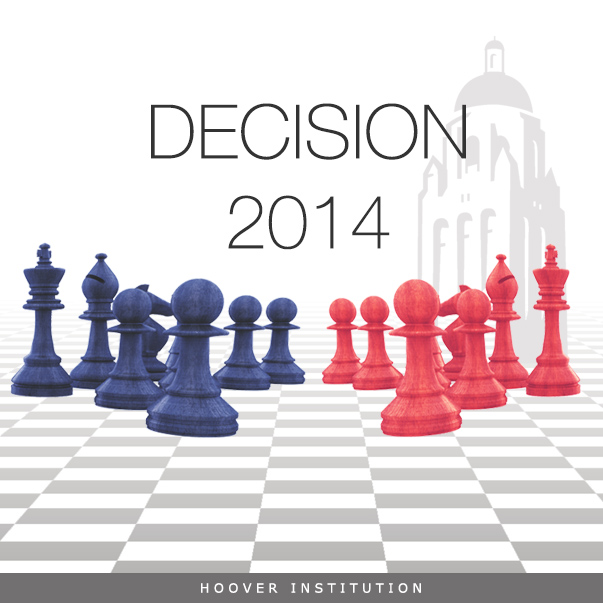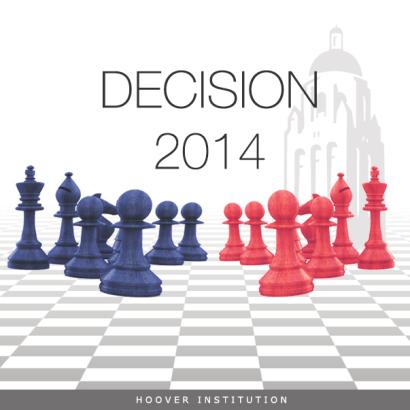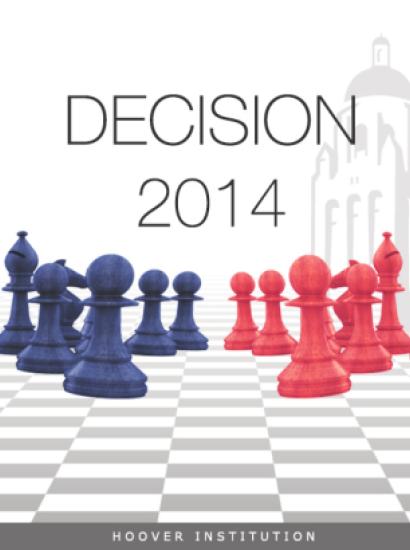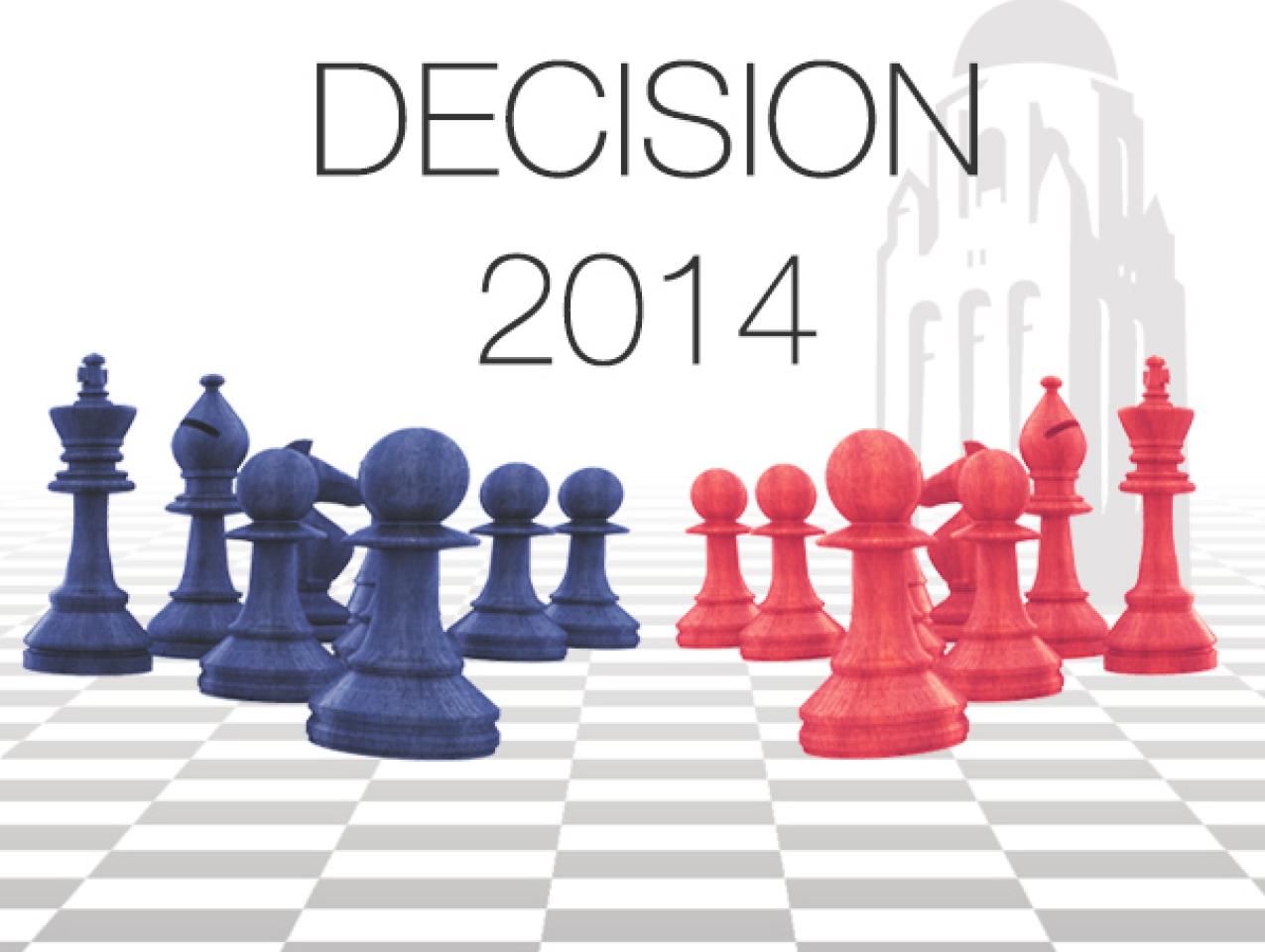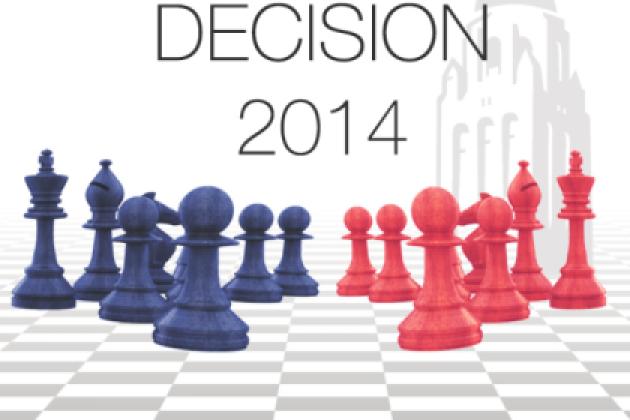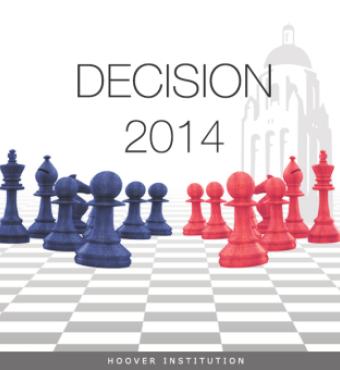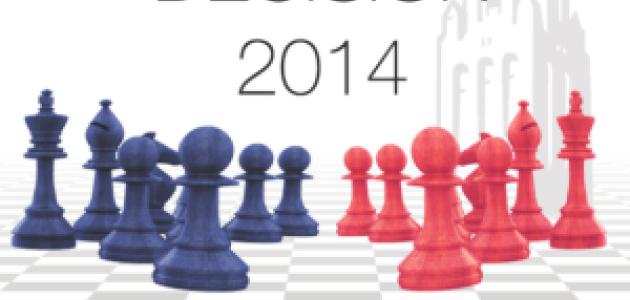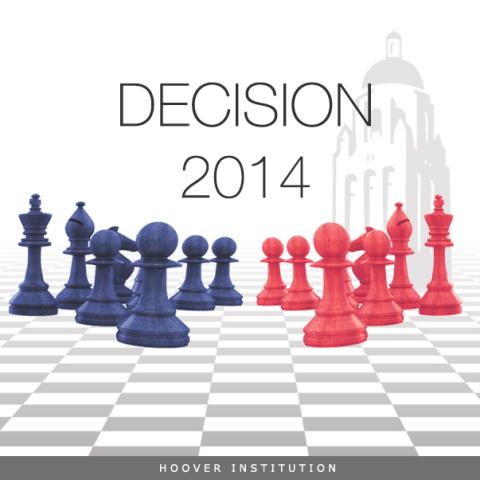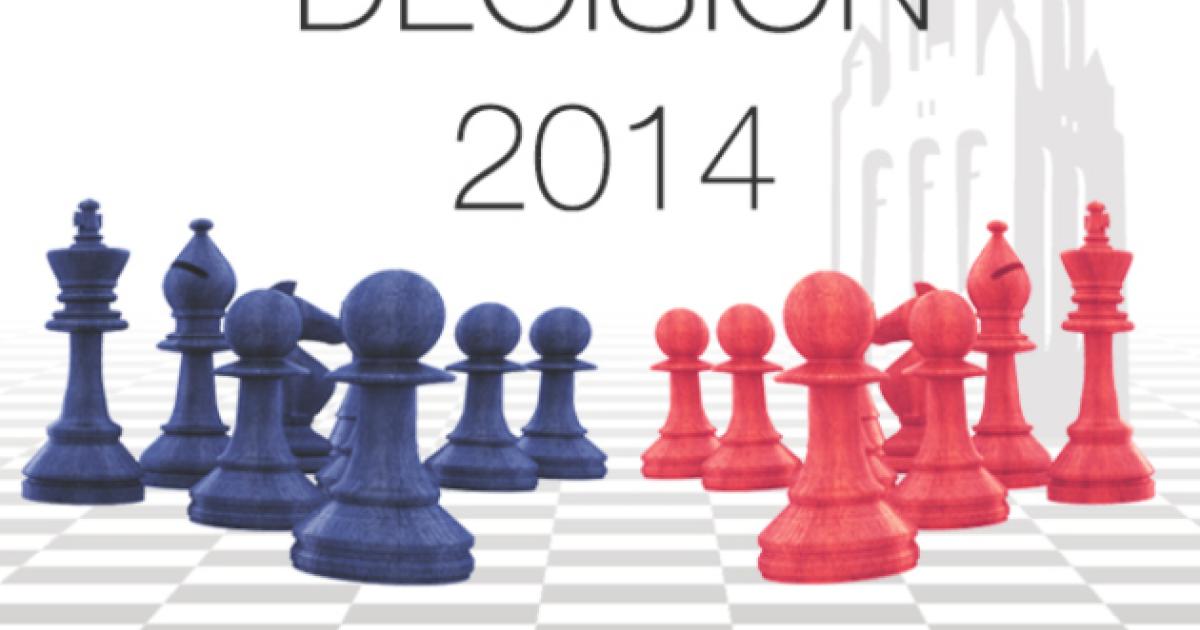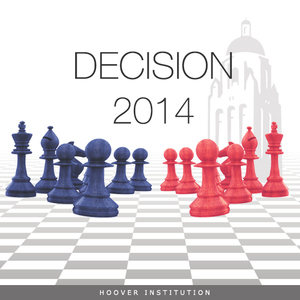The Hoover Institution is releasing the podcast miniseries Decision 2014, which discusses the issues and key players in the 2014 midterm elections. The podcasts, featuring Hoover’s premier US politics scholars David Brady, Morris Fiorina, and Douglas Rivers, will release Hoover exclusive commentary leading up to the elections as well as a post-election analysis in mid-November.
EPISODE 1: Hoover Institution deputy director David Brady examines the lay of the land for the 2014 midterm elections, cautioning Republicans not to read too much into possible victories and putting the current era of US politics into historical perspective. Listen below:
EPISODE 2: Hoover senior fellow (and chief scientist for pollsters YouGov LLC) Doug Rivers joins Davies Family Senior Fellow David Brady to analyze all of 2014’s most significant US Senate races. Listen below:
Check this page for the most recent installment.
Interested in hearing more Hoover commentary on US politics?
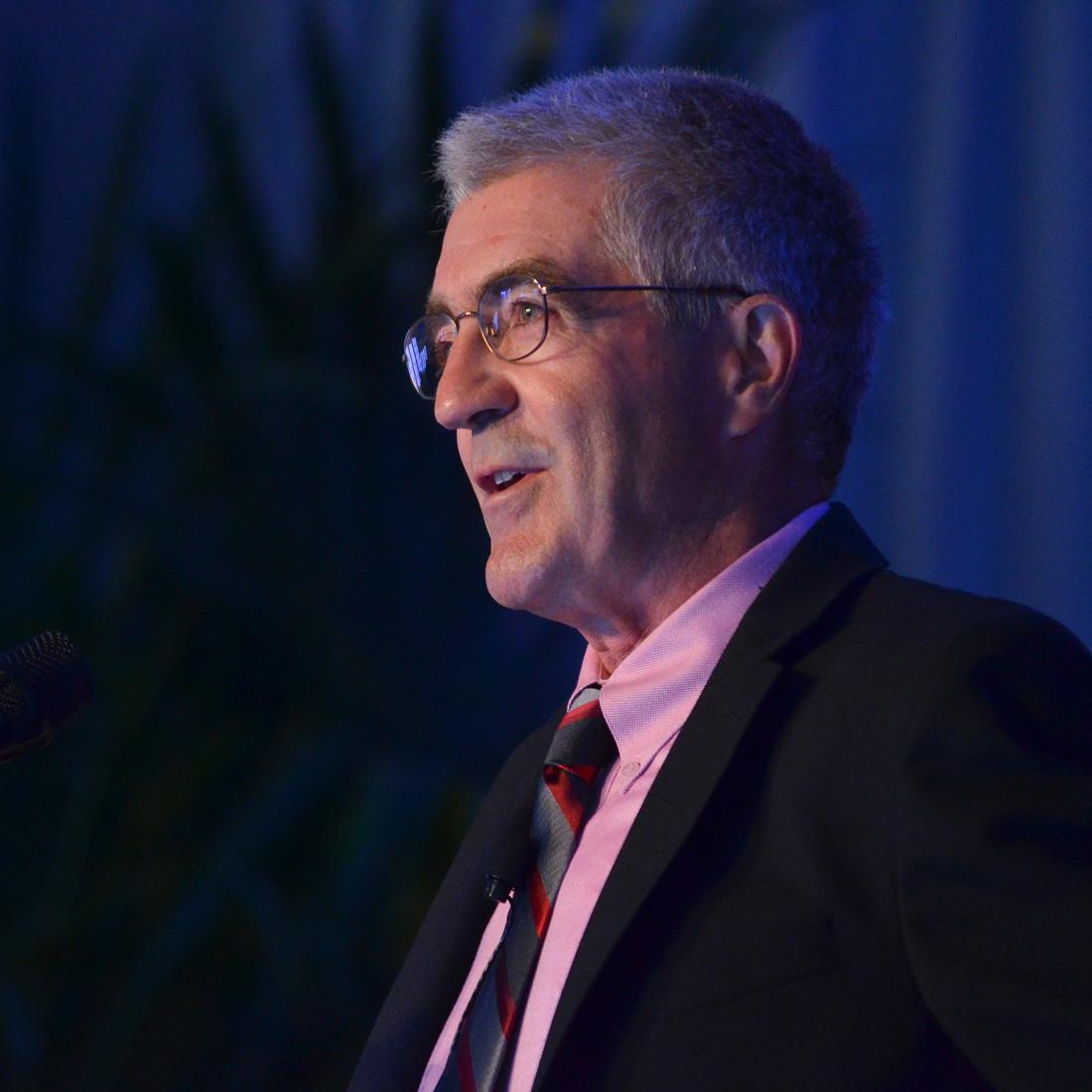
Watch Morris Fiorina's recent presentation from Hoover's fall retreat entitled "The US Electorate: Shifting Majorities, Polarization, and the 2014 Elections." He explains that, although we seem to be in an era of indecision and unstable majorities, the United States is not experiencing greater party polarization; rather, it is experiencing greater party sorting, meaning fewer liberal conservatives and conservative liberals in the Republican and Democratic Parties, respectively. This is partly driven by greater polarization in political elites, although the majority of the population remains constant. Using historical examples as evidence, Fiorina argues that much of this indecision and instability is due to large societal changes, such as economic transformations, globalization, and mass immigration. If history is any indicator, we are about halfway through our current era of instability.
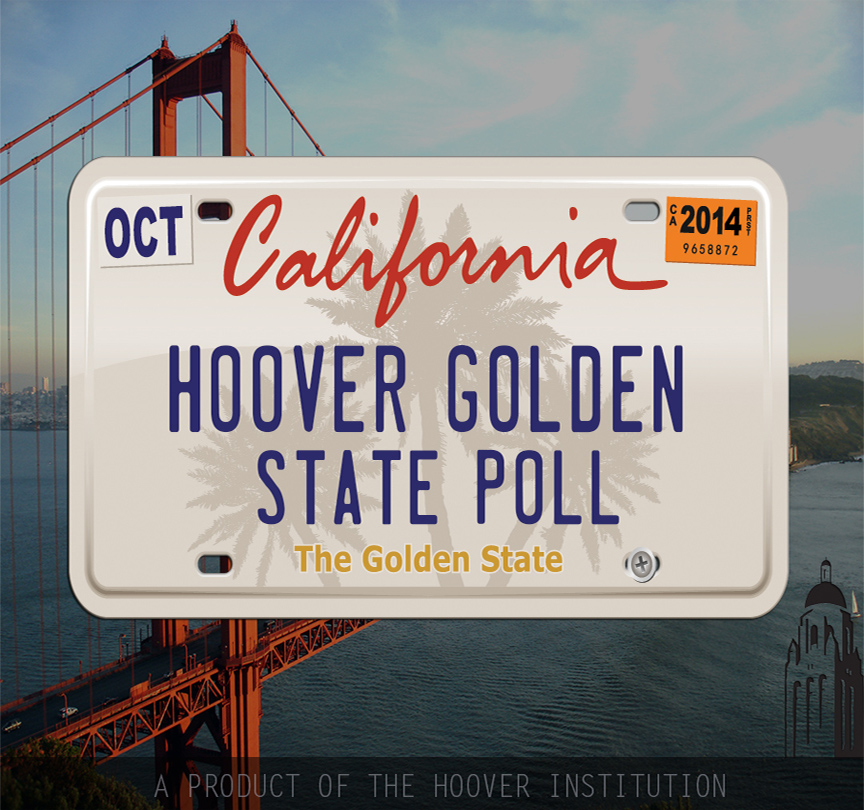
For commentary on the upcoming elections in California, see the results from Hoover's Golden State poll. The survey, administered by the survey research firm YouGov from October 3 to October 17, sampled 1,273 Californians, with a margin of error of plus or minus 3.65 percent for the full sample, including an oversample of 273 millennials (18-34 year-olds). In addition to collecting data on the gubernatorial race, the poll also tested four of the state ballot initiatives that voters will consider on November 4.







